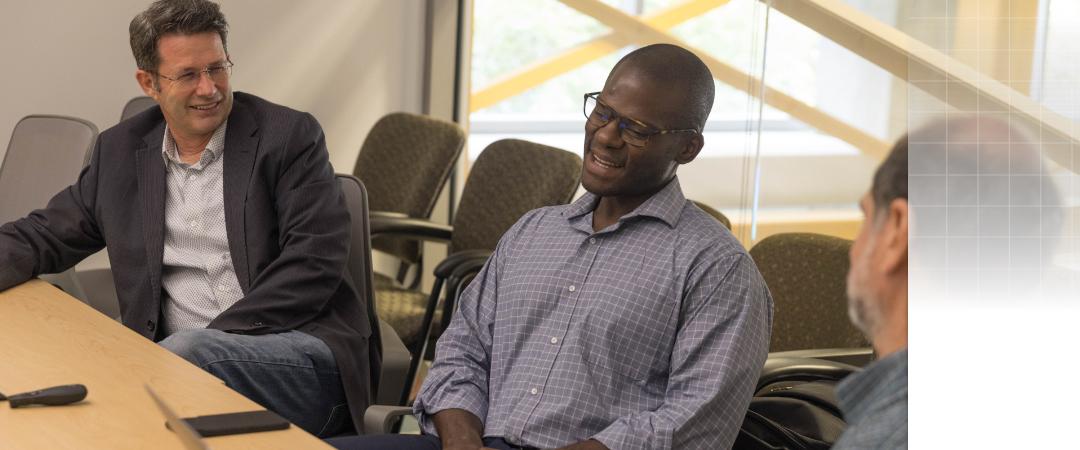Data and Models for Socio-Technical Systems
Data and Models for Socio-Technical Systems
Our faculty members tackle a diverse set of problem-driven research questions with real-world impact, including:
- How do you predict the spread of flu using Twitter?
- How do you schedule emergency room doctors so that care and morale improve?
- How do you combat misinformation online?
This research theme emphasizes leveraging data and developing mathematical models to represent the complex behavior and emergent properties of socio-technical systems. The sheer complexity of large socio-technical systems, and the involvement of humans in their design and operation, makes them prone to emergent properties that are not easily predictable. Data of all types -- big and small, quantitative and qualitative -- can shed light on system behavior and properties and reveal hidden system drivers. Likewise, mathematical and simulation models can predict some of these emergent properties, enable what-if analysis for different scenarios, and optimize key system parameters.
Research Stories
Detecting Online Manipulation of the Vaccine Debate

Examples of Tweets With #VaccinateUS hashtag used by Russian IRA Twitter Trolls: July 14, 2014–September 26, 2017
Public debates about vaccination and other public health topics have served as vectors for foreign and domestic disinformation (i.e., intentional misinformation). Recently, the World Health Organization declared an "infodemic" around COVID-19 drawing special concern to the way that increased attention to the pandemic promotes misinformation spread. Working with PhD students Michael Smith and Dian Hu, Dr. Broniatowski tracks how social media may be used to index vaccine hesitancy domestically and worldwide. Attempts to combat this "misinfodemic" frequently focus on false facts or conspiracy theories. Beyond these well-studied tactics, misinformation, and especially disinformation, often manipulates contextualized interpretations rather than facts. Thus, a combined socio-technical approach -- targeting the factors that make social media about vaccines compelling -- is needed to overcome vaccine misinformation and disinformation.
Quantifying Complex Adaptive FEW Systems with a Coupled Agent-based Modeling Framework
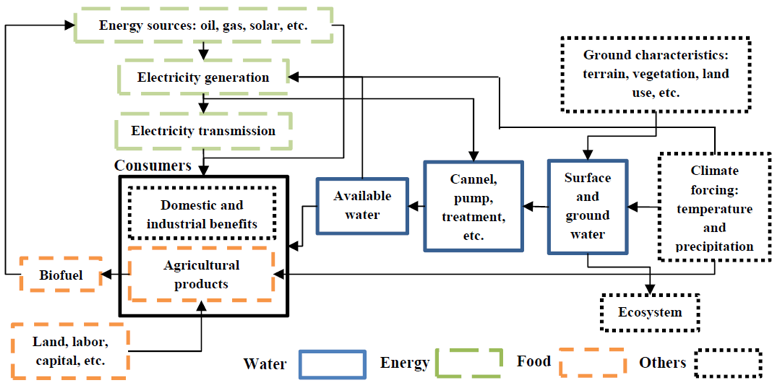
The Nexus of Food, Energy and Water (FEW) Systems
The stress induced on economic development due to the growing global population is impacting food, energy, and water security, as well as their interdependence. By 2030, 50% more food, 40% more energy, and 30% more water will be needed to satisfy human demand. At the regional level such as the river basin, Food, Energy and Water (FEW) systems are a coupled natural-human complex “system of systems,” since both natural processes (e.g., rainfall-runoff for water supply) and human behavior (e.g., energy and food commodity markets and policies) are interdependent. To address these research gaps, Professor Ekundayo Shittu and his team, including PhD students Dor Hirsh Bar Gai and Olawale Ogunrinde, are developing new analytical modeling frameworks to decipher the complex adaptive FEW Nexus as a “system of systems” and evaluate the vulnerability, resilience and sustainability of this FEW system of systems at different temporal and spatial scales driven by changes in both the human and natural domains. Utilizing agent-based representation of the FEW linkages allows the team to address emerging and innovative FEW solutions, to quantify adaptive behavior from human society, and to identify vulnerable system components under uncertainty.
Faculty
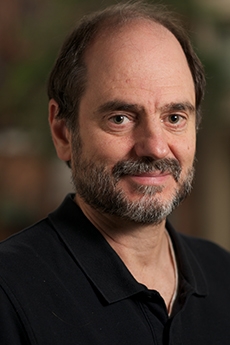
Hernan Abeledo
Associate Professor
Learn More About Professor Abeledo

David Broniatowski
Associate Professor
Learn More About Professor Broniatowski
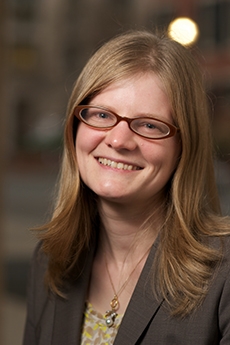
Erica Gralla
Associate Professor
Learn More About Professor Gralla
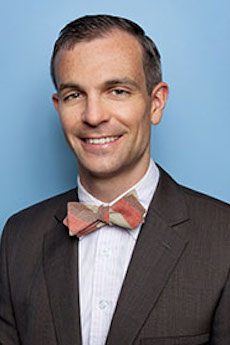
John Paul Helveston
Assistant Professor
Learn More About Professor Helveston

Tom Mazzuchi
Associate Professor
Learn More About Professor Mazzuchi

Enkundayo Shittu
Associate Professor
Learn More About Professor Shittu
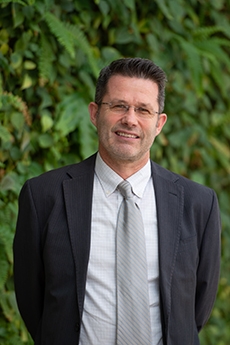
Rene van Dorp
Professor
Learn More About Professor van Dorp


